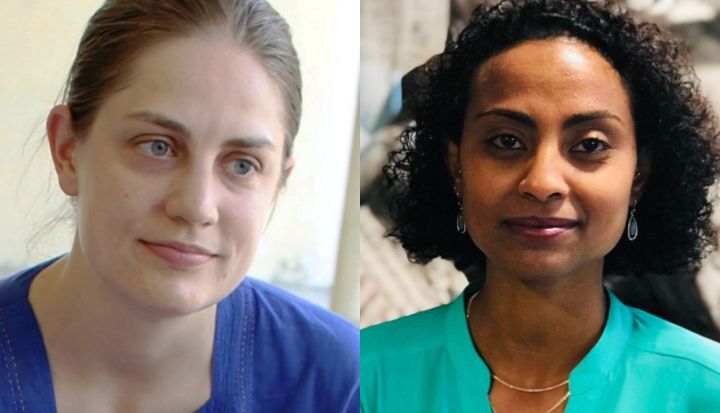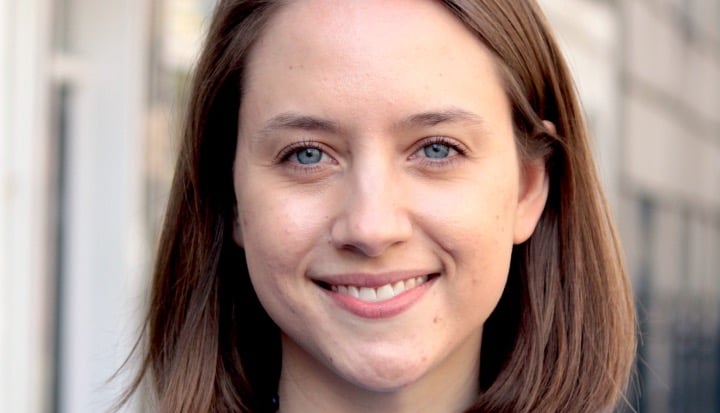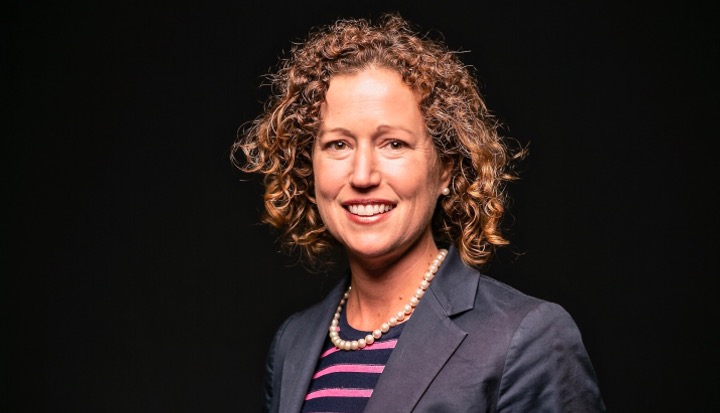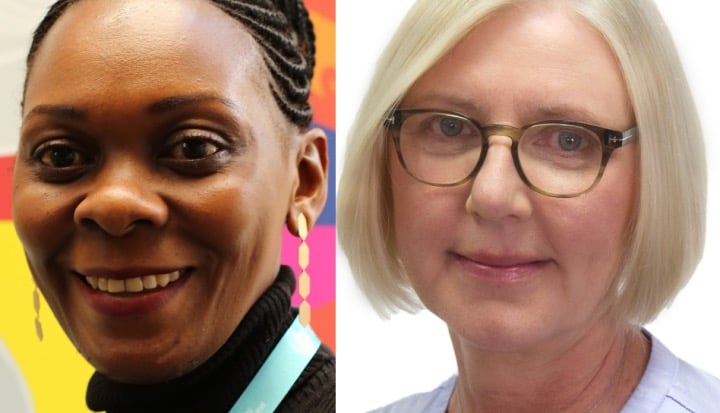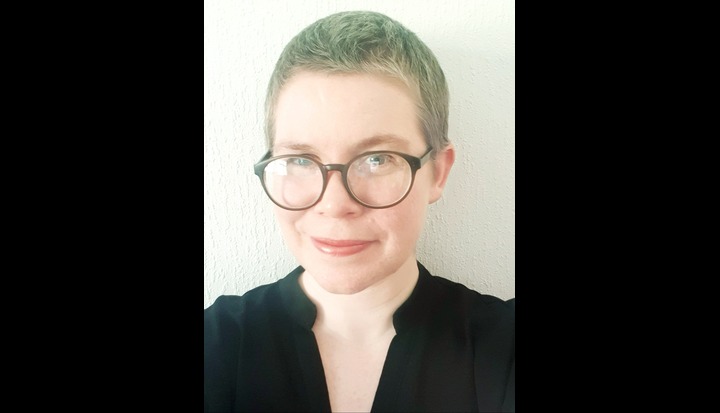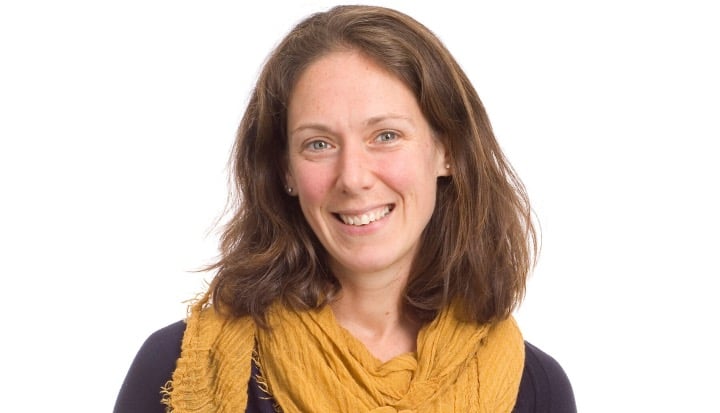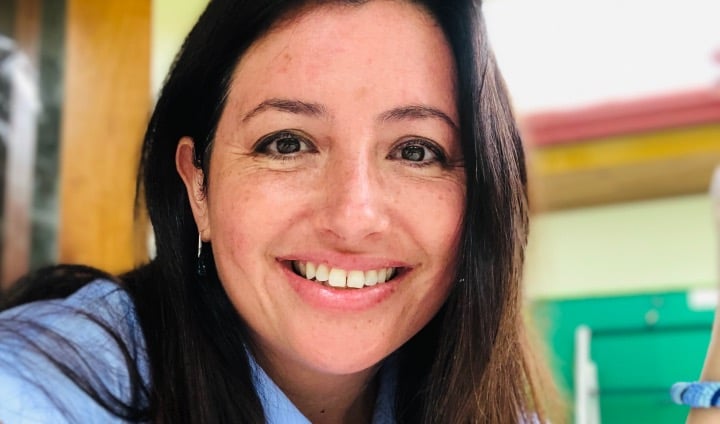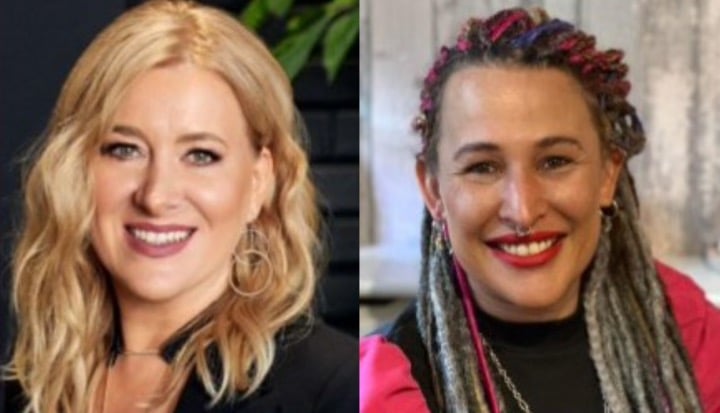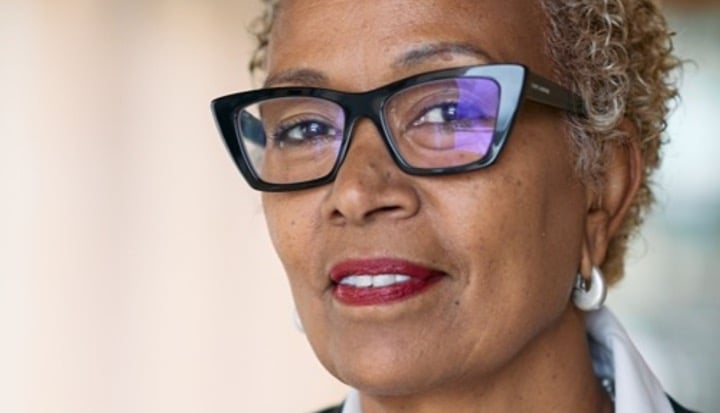BFP: What do you do?
LH: I have several responsibilities, though I certainly would claim one as my career choice. I am Vincent de Paul Professor of Business Ethics in DePaul University’s College of Commerce (Chicago, USA) and Special Assistant to the university president for DePaul’s Haiti Initiatives. I am also Research Director of DePaul’s Institute for Business and Professional Ethics. In addition, I serve as Director of External Partnerships for Zynga.org, the social strategy arm of Zynga Game Network.
In each of these positions, much of my work focuses on the role that for-profits can play in poverty alleviation. In my academic capacity and with various co-authors, I have written books, articles and cases designed to showcase innovative and profitable partnerships between businesses and those living in poverty, which bring significant benefits to all stakeholders. I also helped to establish Zafèn, an online portal that connects lenders or donors from around the world with micro-entrepreneurs in Haiti, and I am working with an NGO called FATEM to build a school in Haiti (scheduled to open this Fall, 2011).
Through Zynga.org, we have put these concepts into practice. Partnering with nonprofit organizations through many of its online gaming franchises, Zynga has contributed substantial amounts of funding (more than $10 million) to a number of global and US-based causes while simultaneously increasing its market share and strengthening relationships with its player base. Zynga.org focuses on carefully selecting partnerships that simultaneously strengthen the traditional business metrics of success – profitability, competitive advantage, growing market share – by offering players desirable and meaningful virtual social goods that they seek through the games, and contributing to important causes, including poverty alleviation in Haiti and emergency relief efforts after the earthquake and tsunami in Japan.
BFP: What is the best part about your job?
LH: The most rewarding part of what I do is that each of my various jobs culminates in some way in a positive impact on fundamental human rights, usually for those who do not have the most powerful voices in our communities. In addition, I value the opportunity to bring attention to these creative partnerships that deserve the spotlight. Business is often viewed either in a neutral manner – or worse – in connection with poverty alleviation. To the contrary, case after case demonstrates that it has the capacity to act as a valuable and necessarily vested participant in its reduction.
BFP: What has been your greatest challenge?
LH: It is exactly the hurdle I mention above – changing the mental models among all stakeholders involved. Not only is there a mentality of silos where each player perceives that they would be able to resolve the challenges faced by those living in poverty, if only the entity had sufficient capital, but business is seen as an inherently suspect partner in these ventures, with their motivation questioned at every turn.
BFP: How have you overcome these challenges? What has been the secret of your success?
LH: I began my career teaching in the area of employment discrimination (and still co-author a book on it for business execs). In that arena, we suggest that proximity and greater understanding is one way to move toward enhanced empathy; the more you know people as individuals, the more that our stereotypes fall by the wayside. Applied to general business transactions, the more we know people on the other side of a business deal, the more we trust them and therefore understand their motivations. Borrowing from a somewhat Eastern tradition of business, it is through these deeper relationships that we can build our business partnerships.
In my work (academic and applied), I therefore try to get people to understand that for-profit businesses *need* to be motivated by profits – it is how they stay in business, are able to pay their employees, their taxes, produce new products, provide services and so on. With regard to doing business with developing economies, we *want* them to invest rather than to contribute through philanthropy because investments (opening a business, hiring employees, etc.) is more sustainable; so the company will remain in that economy, be committed to it and continue to invest, rather than offer a charitable contribution and perhaps move on. The more a company realizes a benefit in partnership with other stakeholders, the more likely it will continue.
BFP: If someone wants to do what you do, where should they start?
LH: I love my role as a professor, it should not be called work for me. In fact, I spend most of my waking life engaged in what others might call “work;” but that is a misnomer because it is simply that I do what I believe. I work very hard to make each day worthwhile in the life of someone else; and I find ways to create opportunities to do so. It is not a difficult endeavor to do what I do in that regard since I really believe that those opportunities fall in our path. I want to make sure that each day was worth something and this is simply not that difficult a task for any of us. If someone wants to teach, they should passionately wish to share something with others. Teaching is simply gaining knowledge and then sharing that process with others, hoping that they will learn the process and build something more out of it. Personally, I began with a law degree, rather than a Ph.D., which would have been the normal path to becoming a Full Professor in a business school; but that just demonstrates that there are many paths.
BFP: Finally: what do you hope to get out of being part of this community?
LH: One of the most gratifying components of being a career academic is that gathering information and learning is a central element of my job. I have learned so much from colleagues in this community and I continue to learn. Understanding alternative perspectives through its diversity, coming to know the visions and aspirations that others have for this world and how we might achieve them, I am better able to generate new visions and aspirations for myself and the organizations of which I am a part.
Thank you to Laura Hartman for taking the time to do this interview.
We’re always looking out for members to feature. Help us by taking two-minutes to update your profile, or by nominating someone for Business Fights Poverty Member of the Week.
Read previous Member of the Week interviews here.

